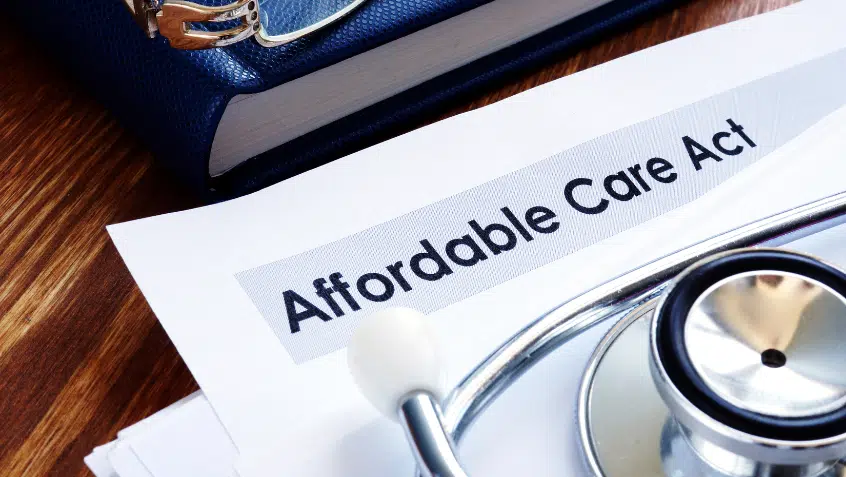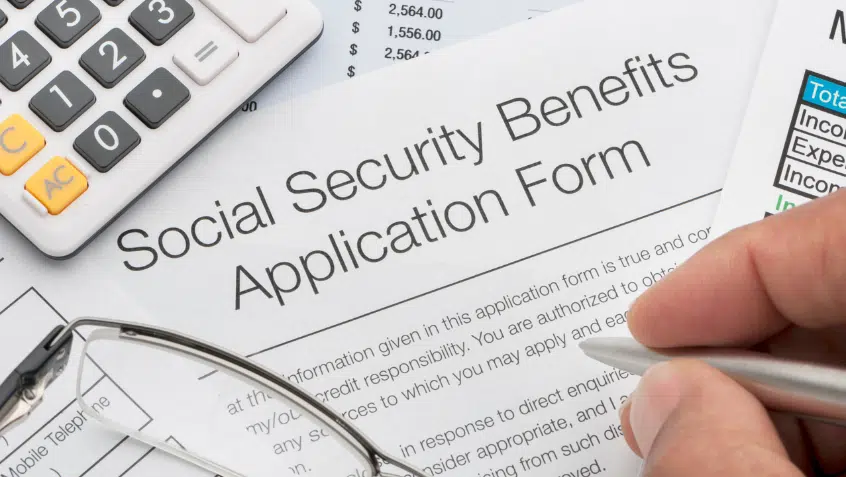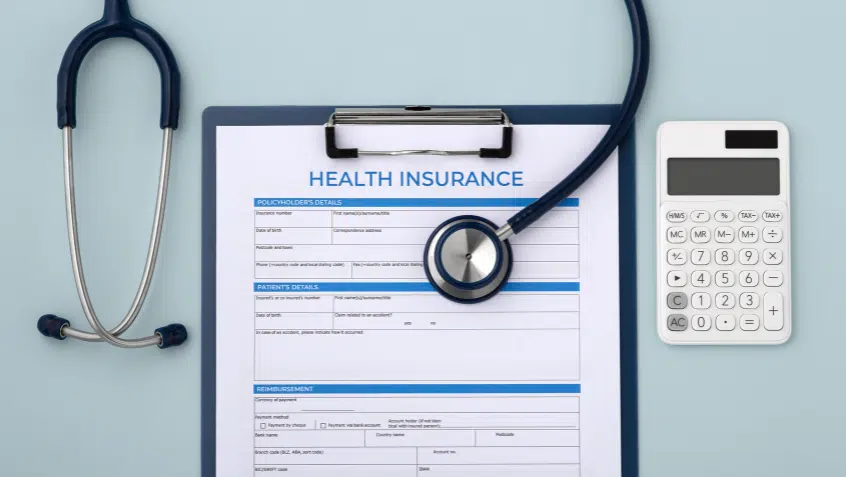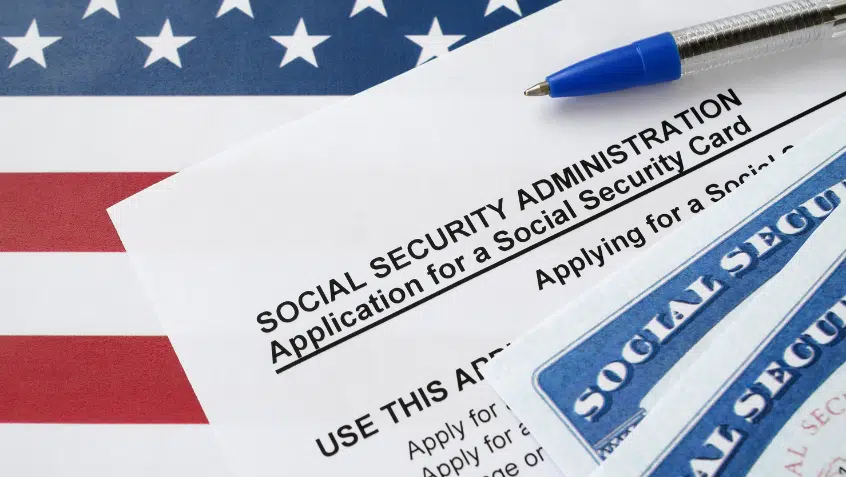Over-the-Counter Hearing Aids May Help Many People with Medicare

Last week, the Food and Drug Administration (FDA) finalized a rule that will permit people with Medicare, and others, to purchase hearing aids online or in stores, at lower costs, and without a prescription. The long-awaited rule, which will go into effect in October, may make hearing aids more affordable for as many as 30 million adults who believe they have mild to moderate hearing loss, even if they have not had a hearing exam.
This rule is an important step to improve access to hearing aids. Currently, hearing aids are prescription-only devices that require exams and fittings by hearing health professionals, and the costs for these visits and devices can run well into the thousands of dollars. This price tag has put hearing aids out of reach for millions.
The new rule makes devices available over the counter (OTC) for adults with mild to moderate hearing loss. The new devices are expected to be considerably less expensive than traditional hearing aids, will not require professional fitting, and some are likely to offer controls or other integration with smartphones.
OTC devices are not recommended for people with severe hearing loss or people under the age of 18. While they will not require a hearing exam, experts recommend that people have exams if they experience sudden or severe hearing loss, pain, tinnitus or ringing, or fluid in their ears. They also recommend that people choose their OTC devices carefully, including researching return policies, battery life, and volume, among other considerations.
Hearing loss is extremely common for older adults. According to the National Institutes of Health, it affects around 33% of people in the United States between the ages of 65 and 74 and nearly 50% of those older than 75. Untreated hearing loss can significantly reduce a person’s quality of life, making them feel isolated or frustrated, and leaving them potentially unable to follow important conversations like instructions from medical personnel. Hearing loss is also associated with depression and cognitive decline, increasing the urgency of getting help to those who need it.
Medicare Rights welcomes this rule and the access it will create for many people with Medicare. But it does not eliminate the need for comprehensive Medicare coverage of hearing services. Currently, Traditional Medicare offers no hearing aid coverage. While some Medicare Advantage plans might, it is generally limited, leaving care unaffordable for too many. We will continue to urge Congress to expand Medicare Part B coverage to include comprehensive hearing benefits, as well as dental and vision, to better serve the older adults and people with disabilities who rely on the program.
Read more about the need for comprehensive hearing services in Medicare.
The Latest
Most Read
Trump Administration and Elon Musk’s DOGE Closing Social Security Offices, Harming Access to Services
Threats to the Social Security Administration and to Benefits Continue to Raise Alarm
New Resources Show House Budget Would Slash Medicaid, Despite Voters’ Support of Program
Federal Government Funding Decisions Loom
Add Medicare to Your Inbox
Sign up to receive Medicare news, policy developments, and other useful updates from the Medicare Rights.
View this profile on InstagramMedicare Rights Center (@medicarerights) • Instagram photos and videos









